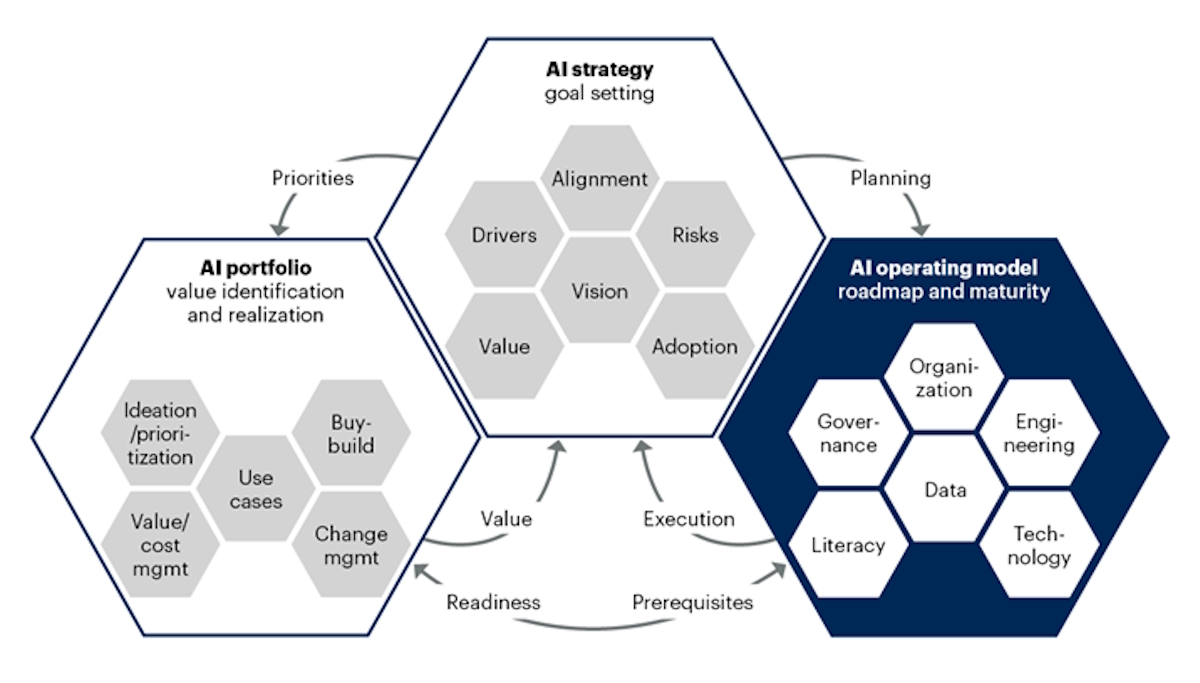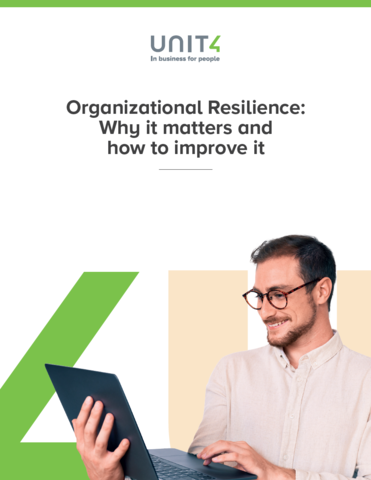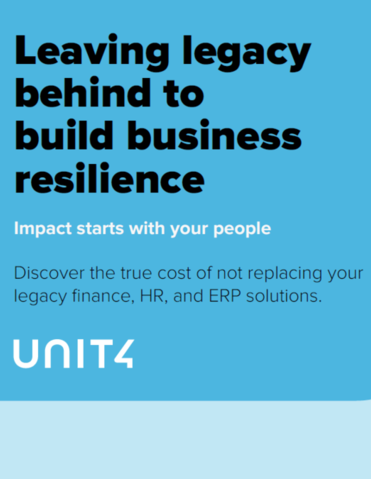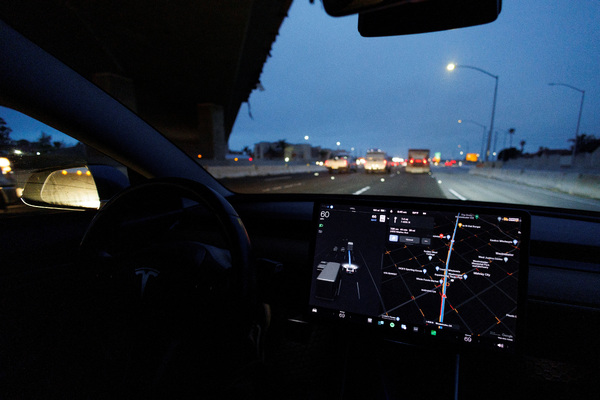Implementing AI: the foundations for success

Pieter den Hamer and Raghvender Bhati at Gartner describe how organisations can move from experimentation to execution when implementing AI
The excitement surrounding generative AI (GenAI) and AI over the past year has been palpable, with organisations across industries diving into experiments to explore its transformative potential. However, as we move further into 2024, the focus is rapidly shifting from mere experimentation to the complex challenge of execution.
Executing AI initiatives is no simple task. It requires a strategic and well-structured approach that moves beyond ad-hoc projects to building a sustainable, enterprise-wide AI operating model. This transition is not just a matter of scaling technology but involves a profound transformation in how organisations operate, make decisions, and create value.
The foundation of AI execution: a six-pillar approach
To successfully execute AI initiatives, organisations must establish a robust AI operating model grounded in six key elements: organisation, data, literacy, governance, technology, and AI engineering. These pillars are shown in Figure 1 below.

1 Organisation
Effective collaboration between people is essential in multidisciplinary teams supporting AI, together with an AI organisational structure that balances the importance of enterprise-wide orchestration with the need for local flexibility. This is often done through an AI centre of excellence (CoE) that works collaboratively with other business units
Developing organisational AI capabilities ensures successful AI delivery. According to last year’s Gartner AI in the Enterprise Survey, 87% of respondents in mature AI organisations reported they have dedicated AI teams. These teams are shifting from decentralised to hybrid or consolidated models that include an AI CoE.
2 Data
Data is almost always needed to create, train, fine-tune or contextualise AI models. Therefore, data management is a key component of successful AI development, applicable to structured data as well as unstructured textual, visual or other internal and external data sources.
Determining the readiness of data and data management is essential to serve and support AI-powered systems, providing a sustainable competitive advantage to the organisation’s AI ambition. The Gartner AI in the Enterprise Survey found organisations that have their data AI-ready reaped more impactful business outcomes with gains ranging from about 30%-50% for different business outcomes.
3 Literacy
All AI initiatives require human talent and skills covering a diverse set of roles, from technology experts and risk managers to business managers and AI users. AI literacy programmes aim to accelerate the development of both roles and skills through training, knowledge sharing and guidance.
These programmes promote a shared understanding of the AI discipline across the organisation by upskilling teams for culture, readiness and general education.
4 Governance
To harness the power of AI in a responsible, fair, and ethical manner, AI needs to be governed. Other risks related to reliability, security, safety, sustainability, and other areas must also be effectively mitigated. In addition, countries and regions increasingly require compliance with new AI laws and regulations.
AI governance activities include the creation of policies, assignment of decision rights and ensuring organisational compliance with regulations. Moreover, it ensures accountability for risks and investment decisions for AI-powered systems. Mature AI organisations have more diverse roles involved in implementing programs to ensure AI privacy, security and/or risk.
5 Technology
AI is not a single technology and requires (depending on the use case) a myriad of techniques, tools, frameworks, platforms and infrastructure. This also relates to procurement, cloud strategy, platform architecture, tool and method standardisation, scalability, costs and other technology aspects
Technology choices determine the speed of AI execution. According to Gartner AI in the Enterprise Survey, over 70% of respondents reported their organisations have acquired tools for AI privacy, security and risk, and organisations investing in such tools realised a much better impact of their investment in AI privacy, security and risk management, on business outcomes such as regulatory compliance, revenue growth and cost optimisation.
6 AI engineering
AI engineering integrates disciplines like DataOps, ModelOps, and DevOps, ensuring AI solutions are not only innovative but also scalable and maintainable. Standardising AI engineering practices across the organisation can lead to more efficient workflows, reduced time-to-market for AI solutions, and a higher likelihood of successful AI implementations
Moving from AI experimentation to execution is a complex journey that requires more than just technological innovation. It demands a strategic, well-rounded approach that addresses the foundational elements of organisation, data, literacy, governance, technology, and AI engineering.
The time to act is now, as those who successfully execute their AI strategies will not only stay ahead of the competition but will also set the standard for what is possible in the AI-driven enterprise of the future.
Pieter den Hamer is VP Analyst and Raghvender Bhati is Director Analyst at Gartner. Gartner analysts will further explore AI adoption security risks and mitigations at the Security & Risk Management Summit 2024 in London, from 23-25 September.
Main image courtesy of iStockPhoto.com and gorodenkoff

Business Reporter Team
Related Articles
Most Viewed
23-29 Hendon Lane, London, N3 1RT
23-29 Hendon Lane, London, N3 1RT
020 8349 4363
© 2024, Lyonsdown Limited. Business Reporter® is a registered trademark of Lyonsdown Ltd. VAT registration number: 830519543





